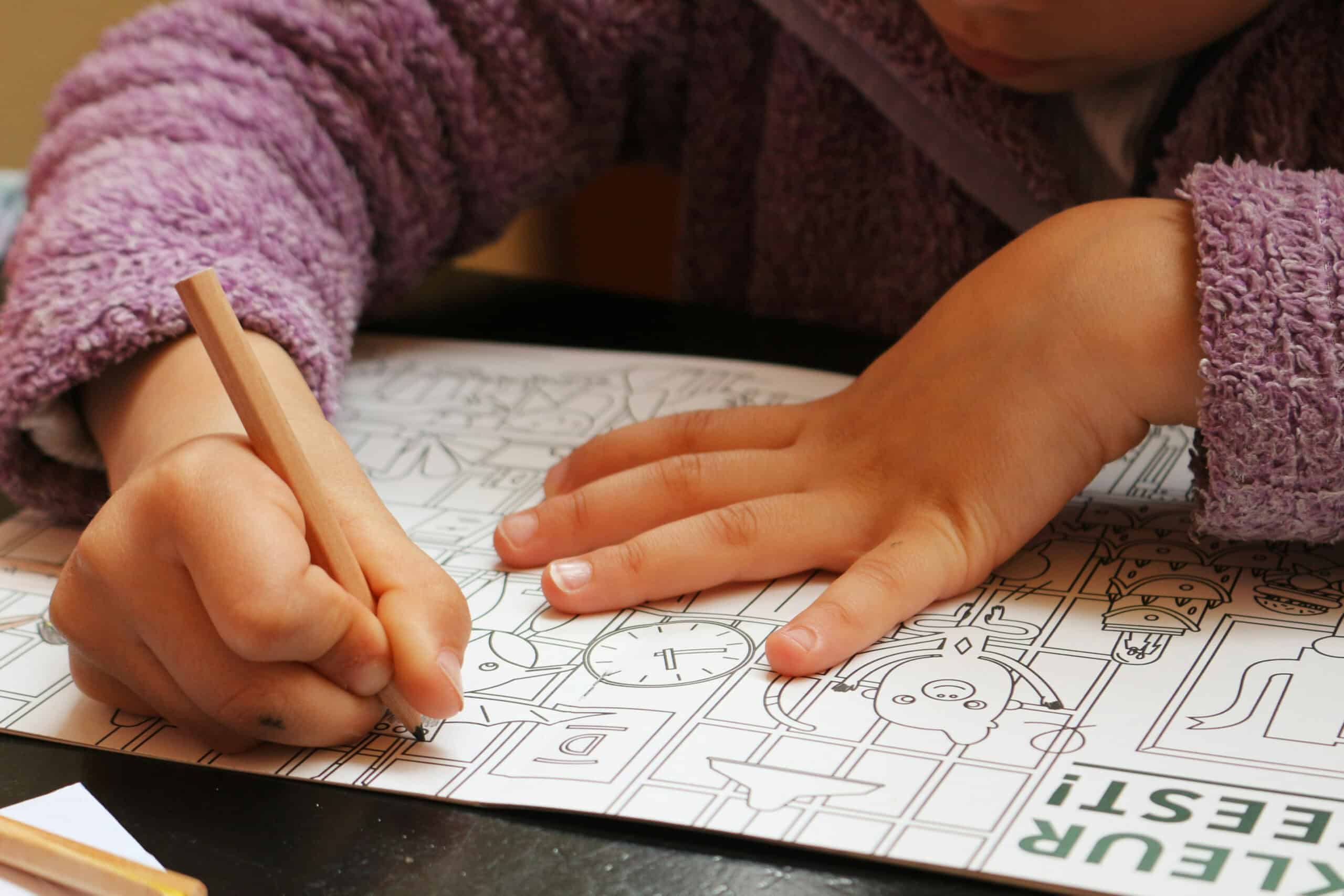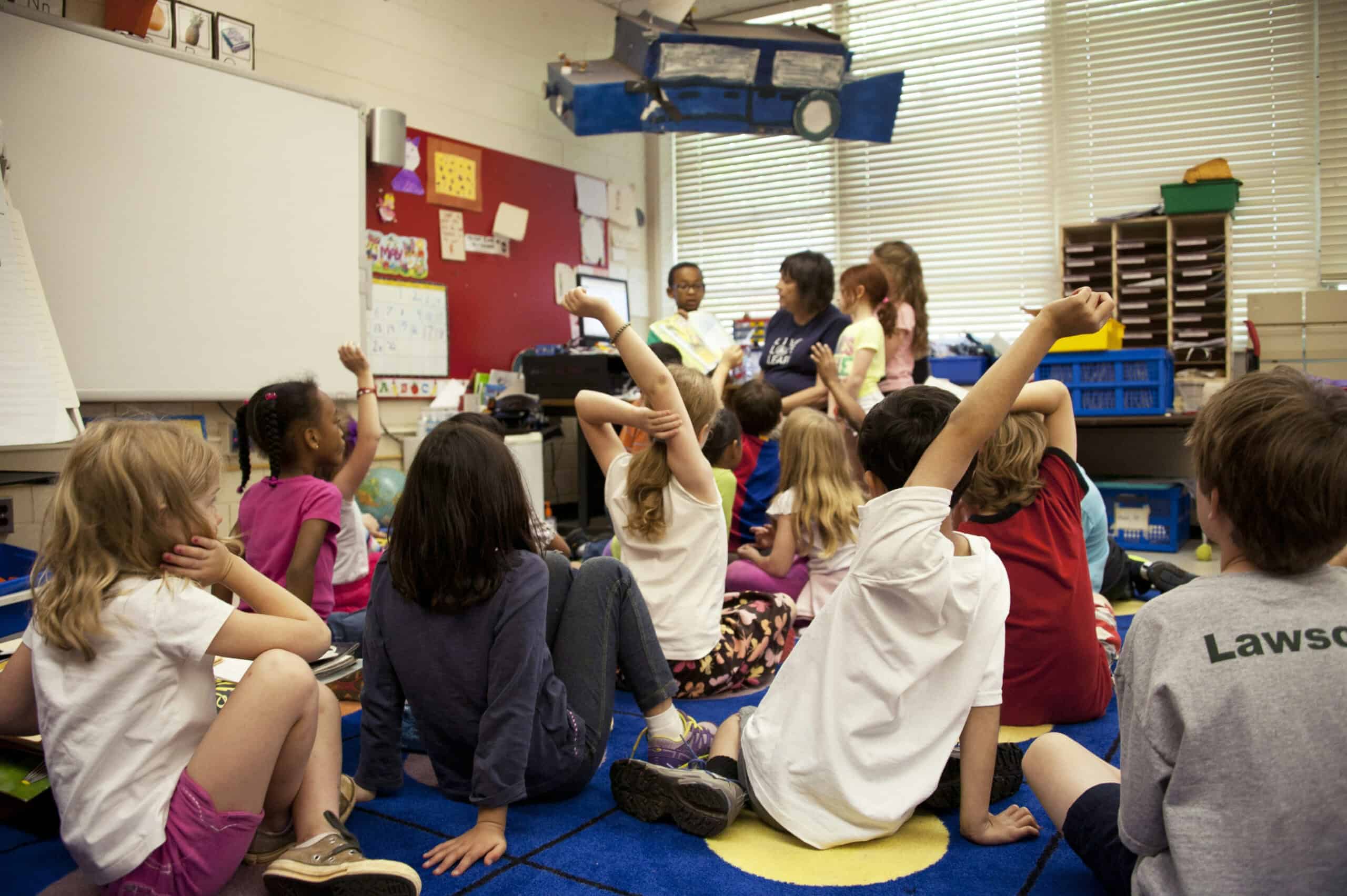Want Your Child to Say No? These 15 Habits Help Them Beat Peer Pressure
Children today encounter peer pressure at school, online, and even within close friendships. Navigating these influences can be overwhelming, leading kids to make choices that don’t reflect their values. Developing proactive habits is essential to help them resist negative influences and make confident, independent decisions. Empowering children with these skills not only protects their well-being but also builds a strong foundation for future resilience.
1. Open Communication

Establishing honest and ongoing dialogue is crucial for helping children resist peer pressure. When kids feel comfortable sharing their thoughts, they’re more likely to seek guidance before making tough decisions. Simple daily check-ins, like asking, “What was the best part of your day?” or “Did anything make you uncomfortable today?” encourage openness. Open-ended questions help children express concerns without fear of judgment.
2. Practicing Assertiveness
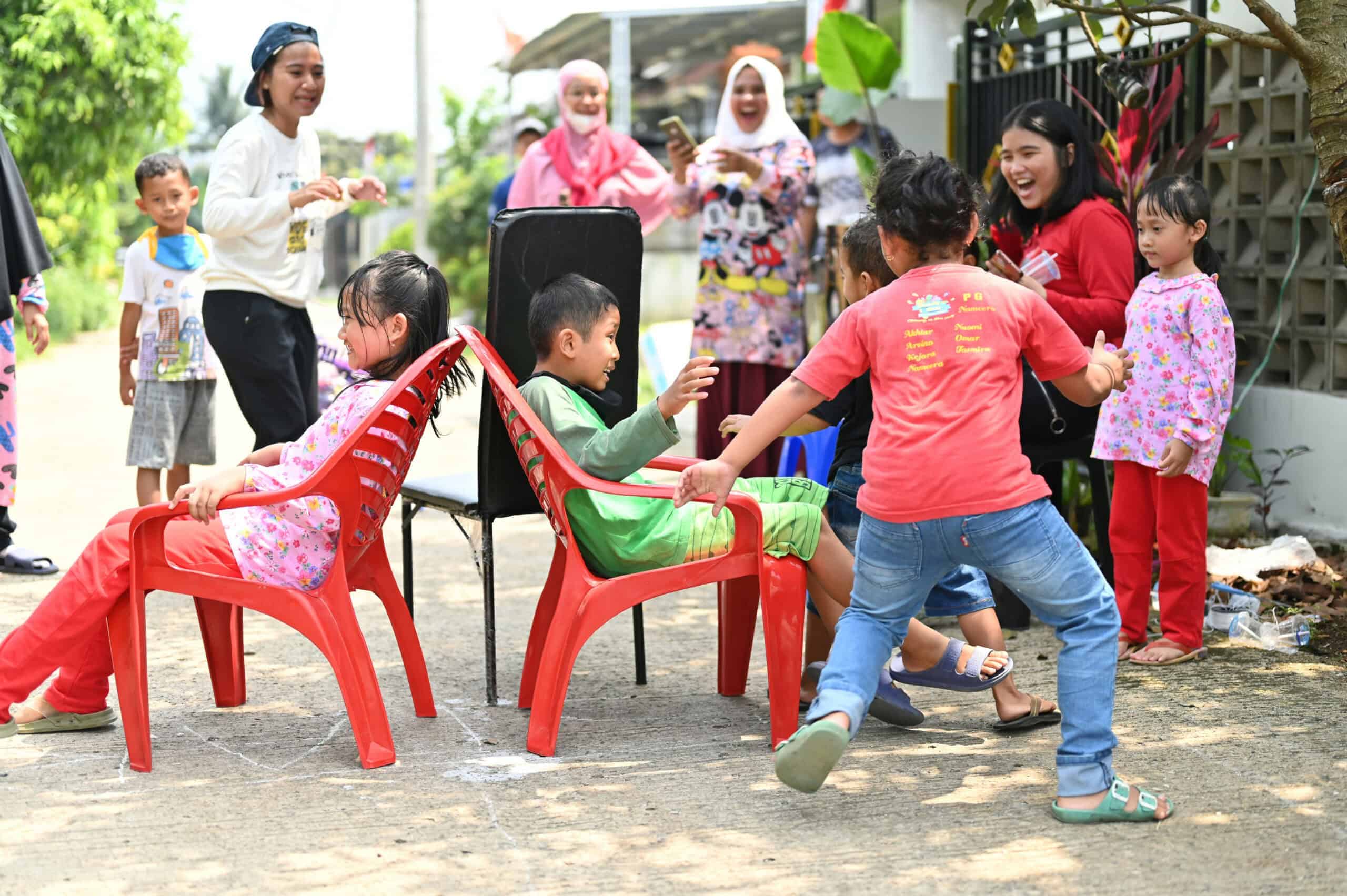
Teaching children assertiveness equips them to stand up for themselves without resorting to passivity or aggression. Assertiveness training can include role-playing scenarios where kids practice saying “no” respectfully and firmly. Unlike passivity, which may lead to uncomfortable compliance, or aggression, which can escalate conflict, assertiveness enables children to set clear boundaries and communicate their feelings effectively. These skills are essential for resisting peer pressure and maintaining self-respect.
3. Building Self-Esteem
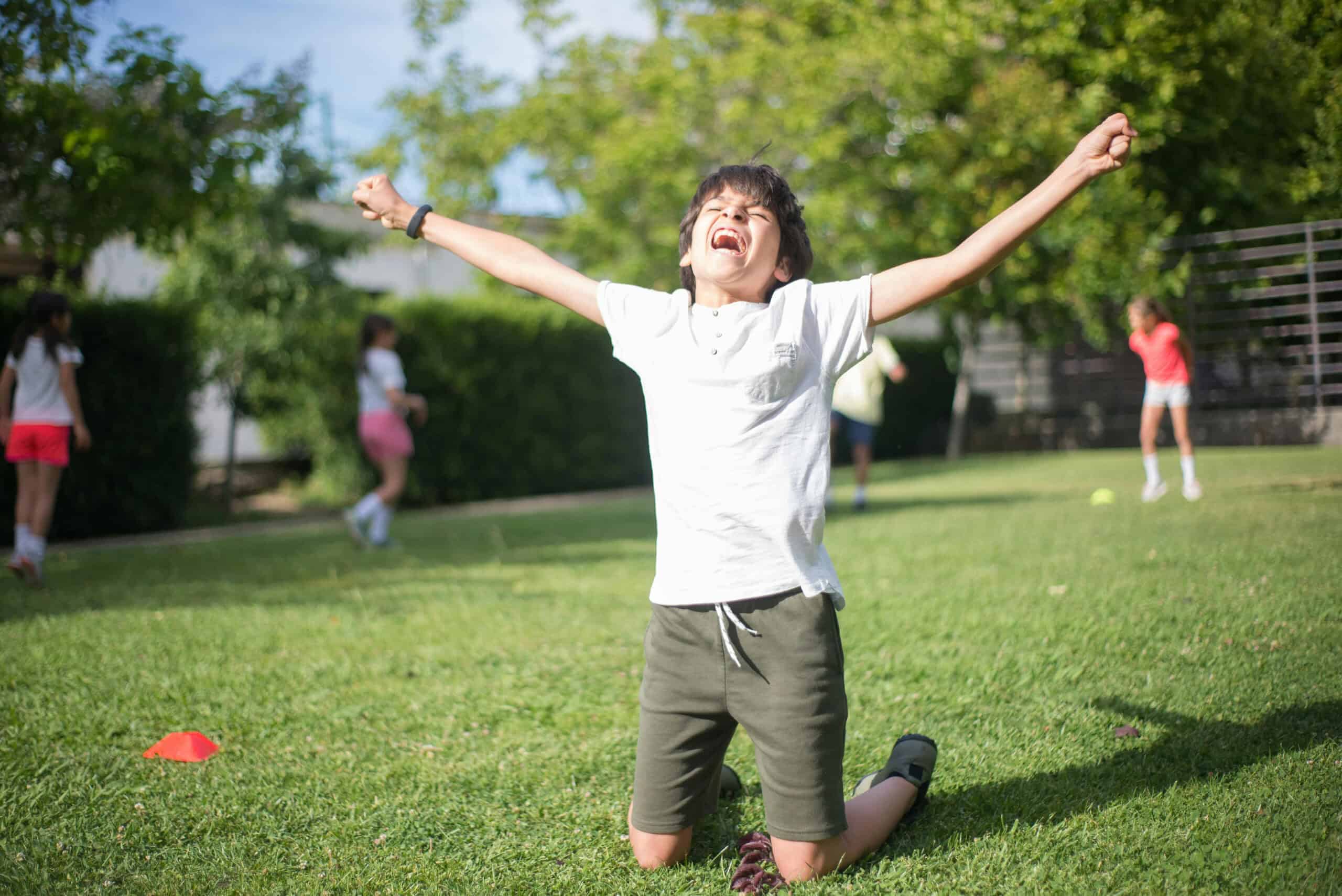
Promoting self-esteem encourages children to trust and value their own opinions above external influences. Parents can nurture confidence by praising genuine achievements, assigning age-appropriate responsibilities, and supporting self-acceptance. Celebrating milestones, whether academic or personal, and encouraging unique interests—like art, sports, or hobbies—help kids feel valued for who they are. Strong self-esteem makes children less likely to yield to peer pressure.
4. Setting Clear Boundaries

Teaching children to define and communicate their boundaries is vital for resisting peer pressure. Help kids identify what feels comfortable emotionally and physically, and discuss scenarios where saying “no” is necessary. Encourage polite but firm responses, such as “No, I’m not comfortable with that.” Role-playing can help them practice recognizing when their boundaries are being crossed. Setting clear limits empowers children to make decisions that honor their values.
5. Encouraging Friendship with Positive Peers
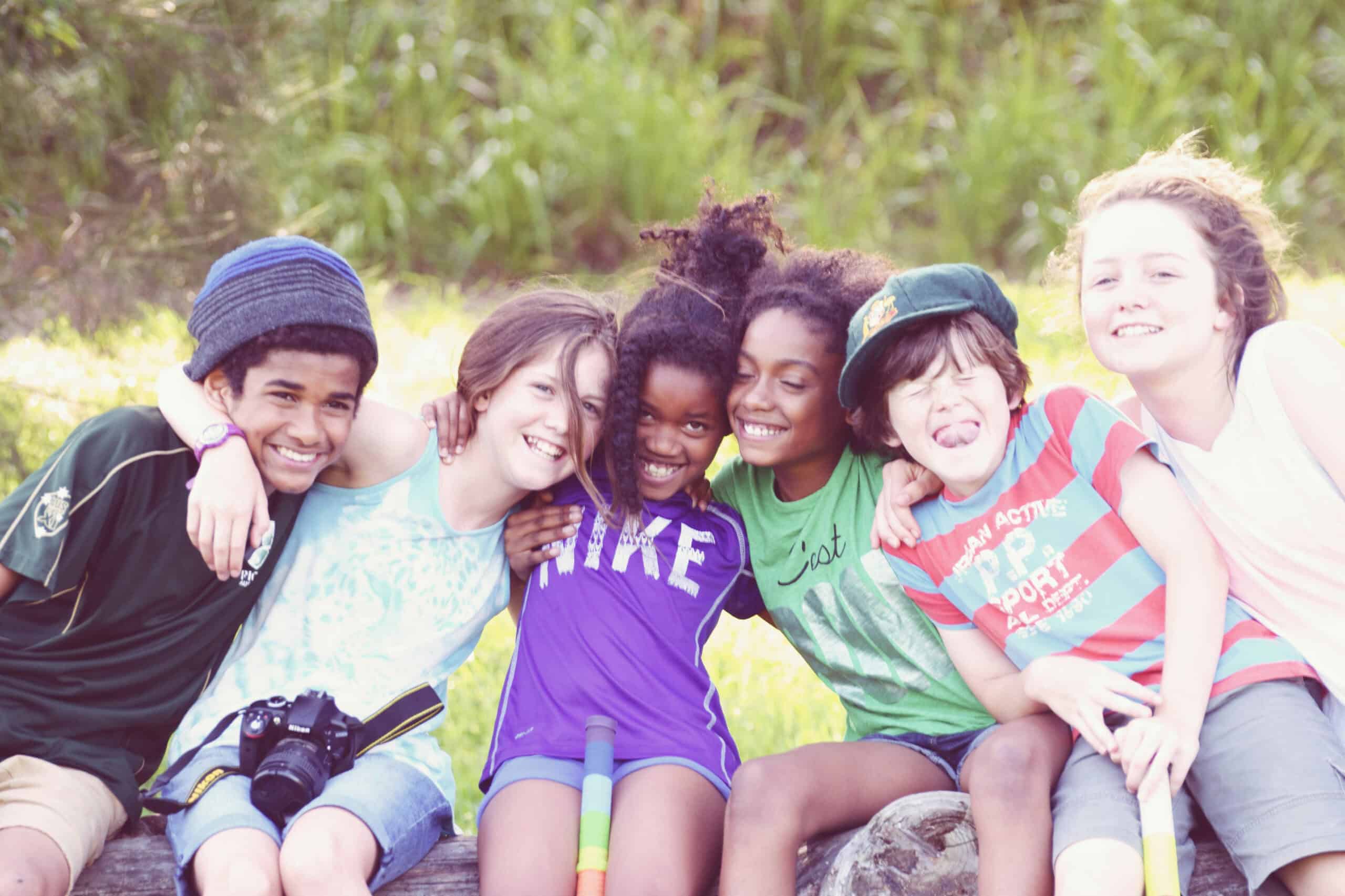
The friends children choose can greatly influence their ability to resist peer pressure. Encouraging kids to build friendships with peers who share similar values fosters a supportive environment where saying “no” is respected. Parents can help by discussing qualities of good friends and helping children recognize positive peer groups through school activities or community events. Friendships based on trust and mutual respect make it easier for children to refuse negative behaviors.
6. Teaching Decision-Making Skills
Guiding children through everyday choices, such as selecting their clothes or choosing what to eat, helps develop their decision-making abilities. By encouraging them to weigh the pros and cons of each option, kids become more confident in trusting their judgment. This process of making independent decisions prepares children for more challenging peer situations, where quick and confident choices are crucial.
7. Modeling Healthy Behaviors

Children learn a great deal by observing the adults around them. When parents and caregivers consistently demonstrate integrity and assertiveness in their own relationships—such as respectfully disagreeing or standing by their beliefs—children internalize these behaviors. Modeling healthy decision-making and respectful communication sets a powerful foundation, making it easier for kids to emulate these habits when facing peer pressure.
8. Practicing Saying No

Rehearsing how to say no empowers children to respond confidently under pressure. Encourage kids to practice refusal phrases like “No, thank you” or “That’s not for me,” along with assertive body language such as maintaining eye contact and standing tall. Role-playing common peer pressure scenarios at home helps make these responses second nature, reducing anxiety in real-life situations.
9. Promoting Critical Thinking
Fostering critical thinking skills encourages children to question situations and consider consequences before making decisions. Rather than simply going along with peers, kids learn to analyze whether actions align with their values. Parents can nurture this habit by discussing hypothetical dilemmas, asking questions like, “What would you do if…?” or “How might this choice affect you?” These conversations develop independent thought and resilience to peer pressure.
10. Encouraging Hobbies and Interests
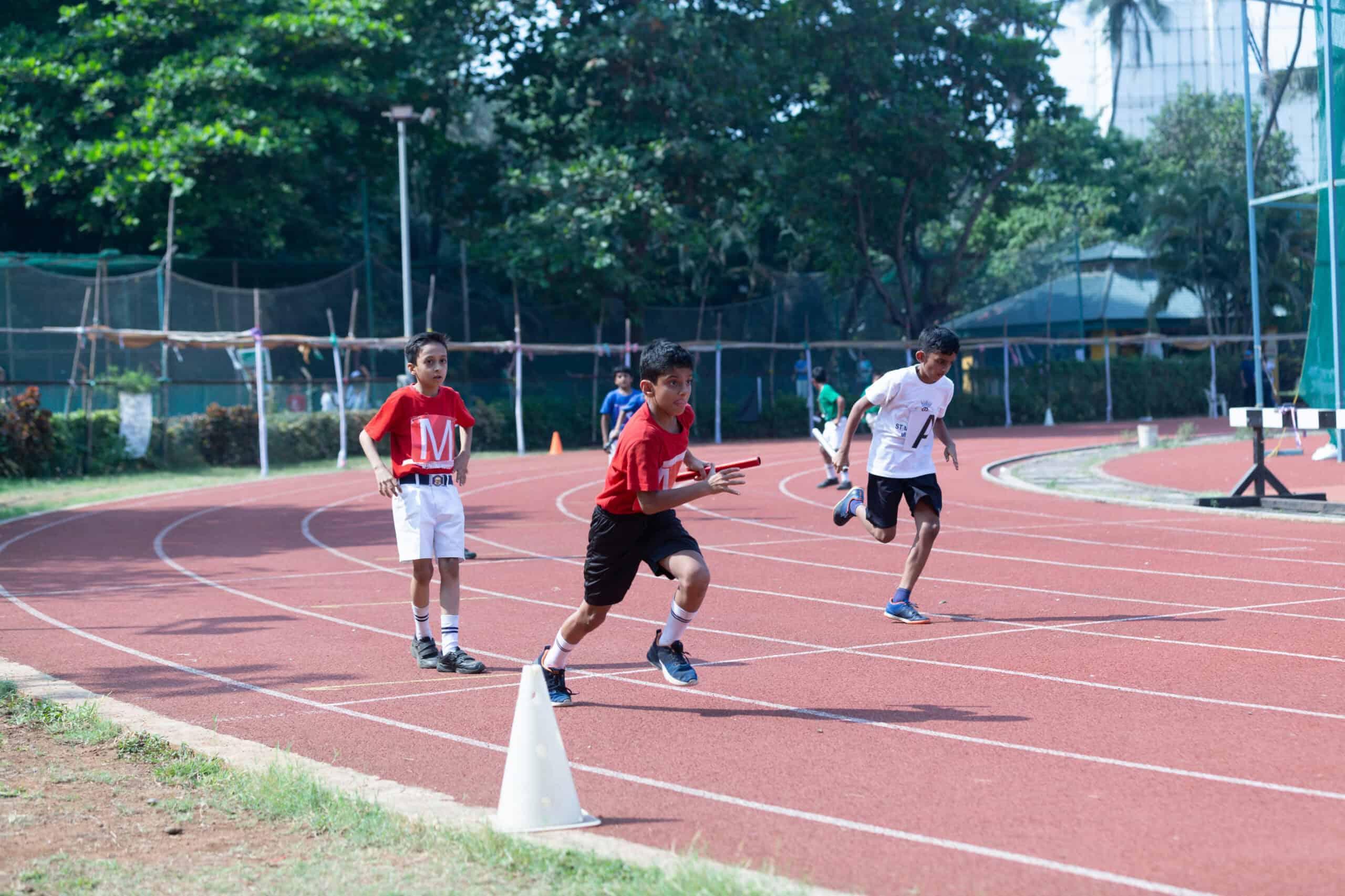
Participation in hobbies such as sports, music, arts, or clubs provides children with a strong sense of identity and accomplishment. Engaging in activities they enjoy helps kids form friendships based on shared interests, not just popularity. This sense of belonging outside peer circles reduces their vulnerability to negative influences and increases self-confidence. Encouraging a variety of passions gives children healthy outlets for self-expression and connection.
11. Providing Safe Spaces for Expression

Creating environments where children feel safe to express their thoughts and worries is essential for emotional well-being. When kids know they can share openly without fear of criticism or judgment, they’re more likely to seek help when faced with peer pressure. Family meetings, private journaling, or creative outlets like drawing and music offer supportive ways to process and communicate feelings. These safe spaces foster trust and resilience.
12. Teaching Stress Management

Equipping children with stress management techniques helps them handle anxiety and resist peer pressure during high-stress moments. Strategies such as mindfulness exercises, deep breathing, or engaging in physical activity can calm nerves and improve focus. Teaching these coping skills not only supports emotional well-being but also empowers children to think clearly and make healthy choices under pressure.
13. Discussing Real-Life Scenarios
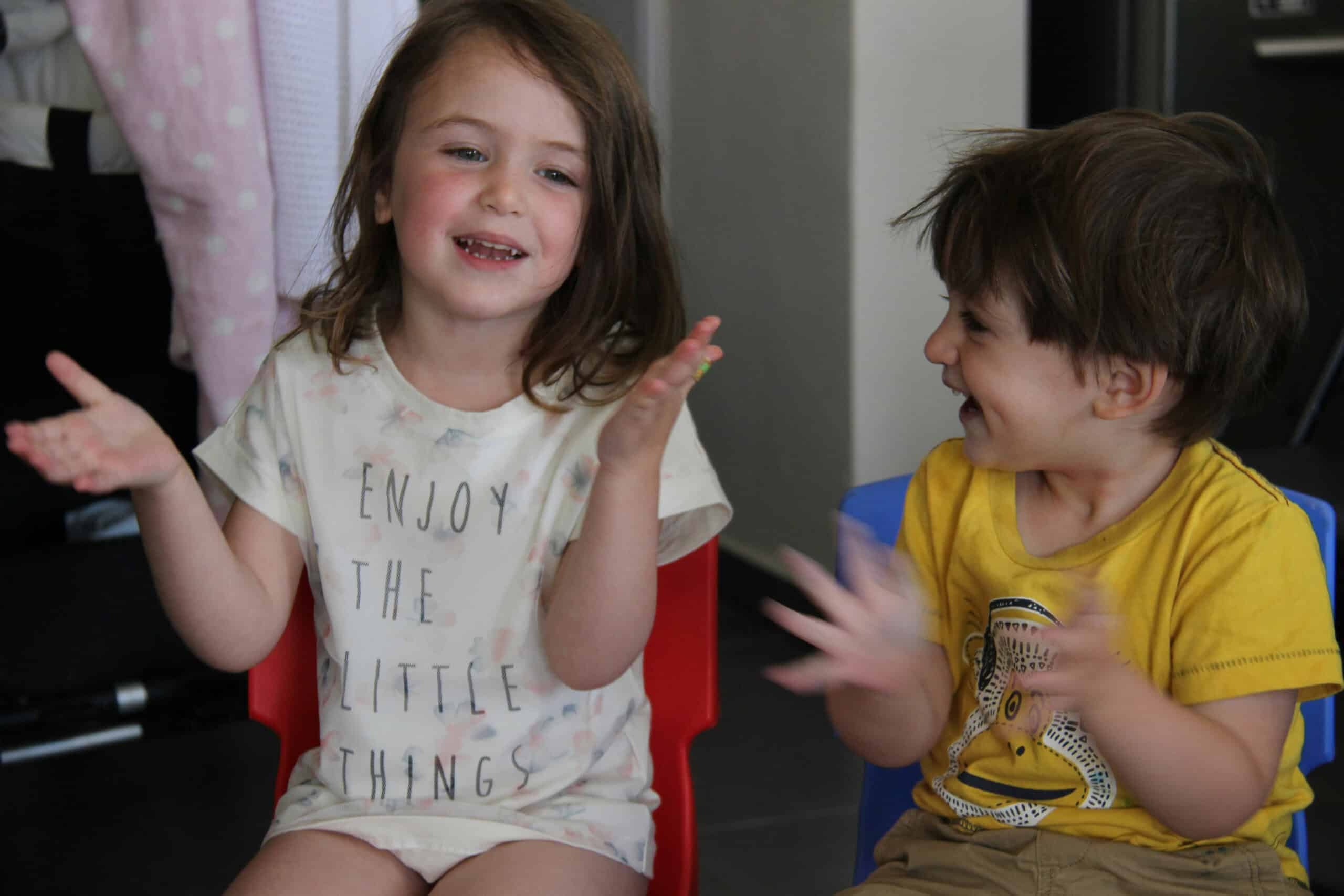
Using age-appropriate stories, news clips, or real-life examples helps spark meaningful conversations about peer pressure. By analyzing what happened and discussing the outcomes—both positive and negative—children learn to recognize warning signs and possible consequences. This approach encourages them to think critically about how they might respond in similar situations, building preparedness and confidence.
14. Celebrating Independent Choices
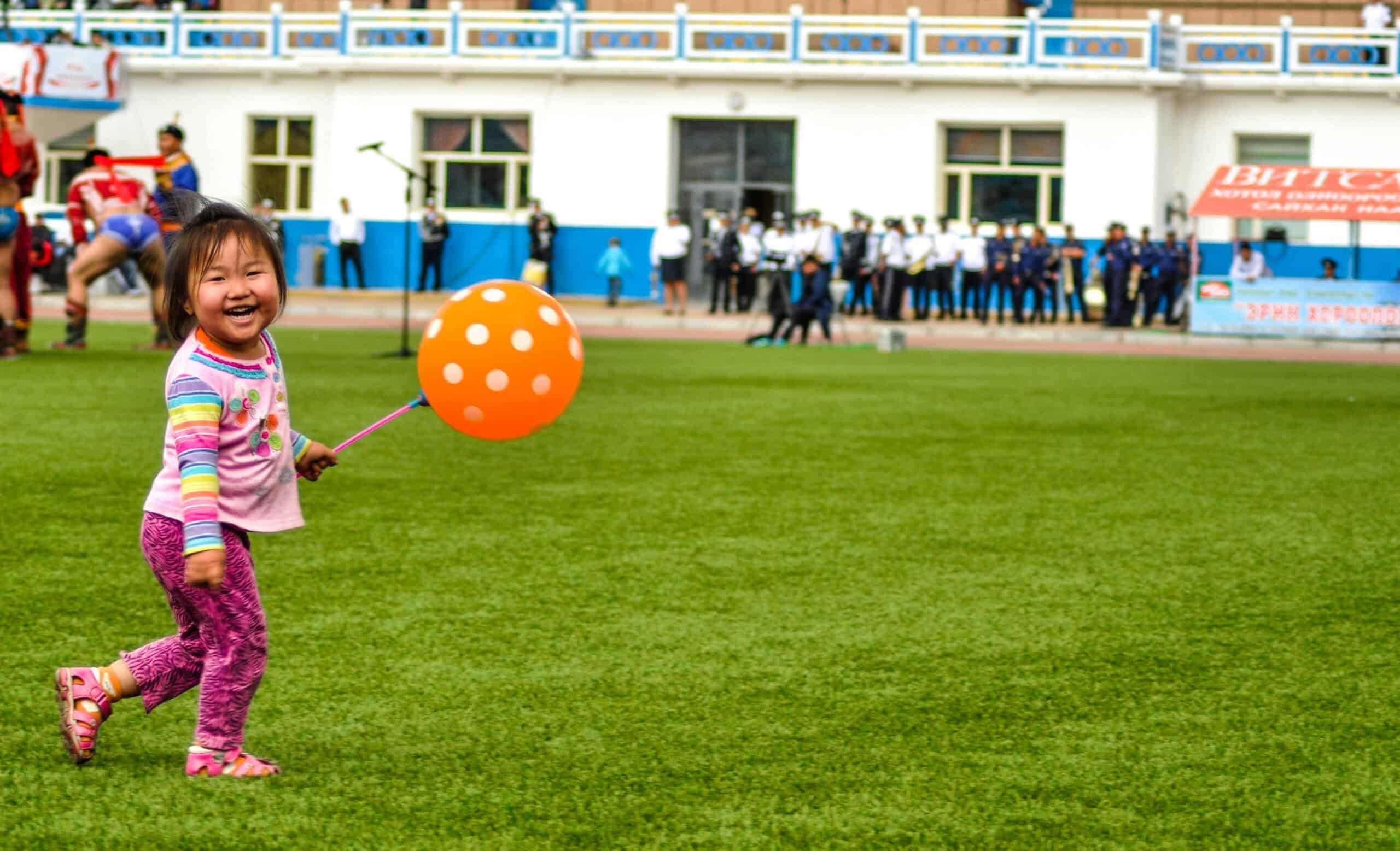
Recognizing and celebrating when children make thoughtful, independent decisions reinforces their confidence to stand firm against peer pressure. Simple gestures, such as verbal praise or small rewards, make kids feel proud of their choices and encourage them to repeat such behavior. Highlighting these positive moments helps children internalize the value of making decisions aligned with their beliefs.
15. Building Trust Through Consistency
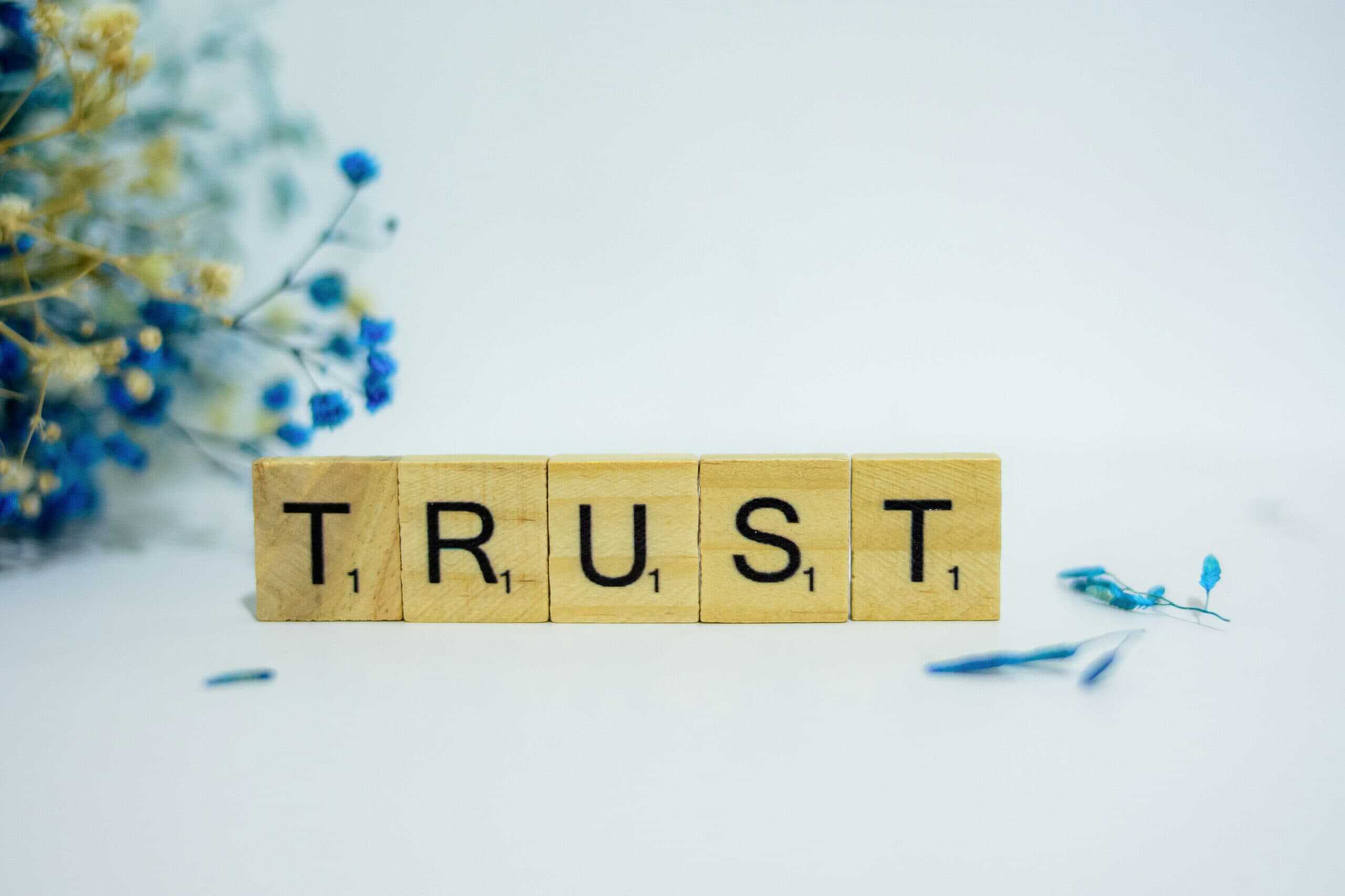
Maintaining consistent expectations and consequences helps children feel secure and understand what is expected of them. When parents follow through reliably, kids are more likely to trust their guidance and turn to family values in moments of uncertainty. This steady foundation empowers children to resist peer pressure and seek support, knowing they can rely on their family’s wisdom.
Conclusion
By incorporating these habits into daily life, parents and caregivers equip children with the strength and confidence to resist peer pressure and make decisions that truly reflect their values and individuality. Building these skills takes time, patience, and ongoing support, but the rewards are lasting and profound. Remember, every conversation and supportive gesture matters in helping kids grow resilient.
.article-content-img img { width: 100% }
